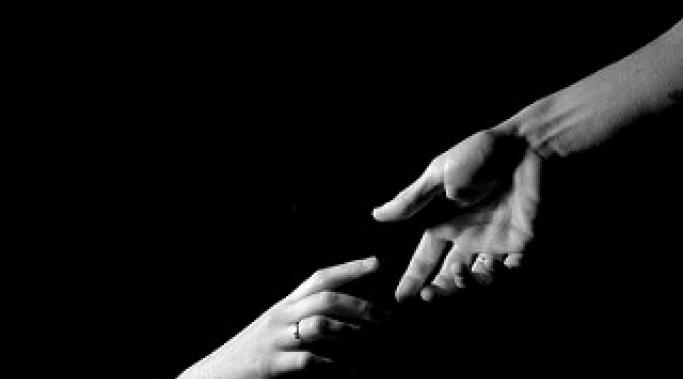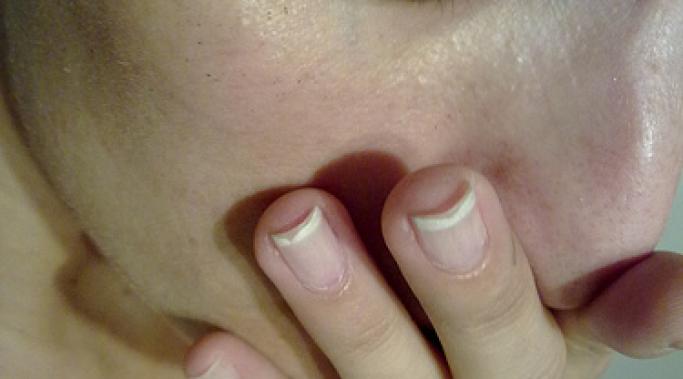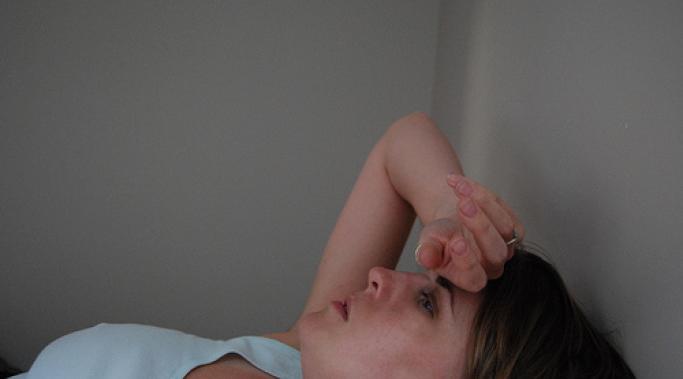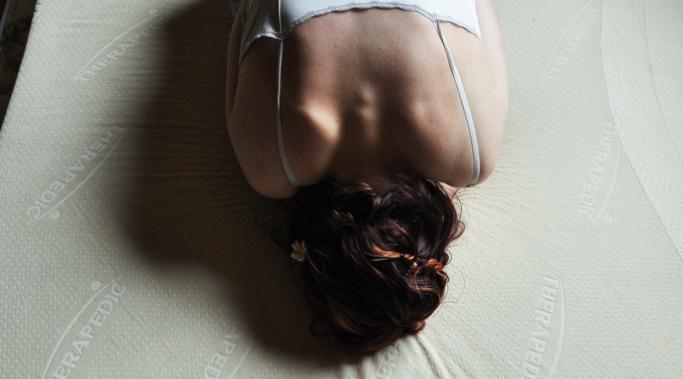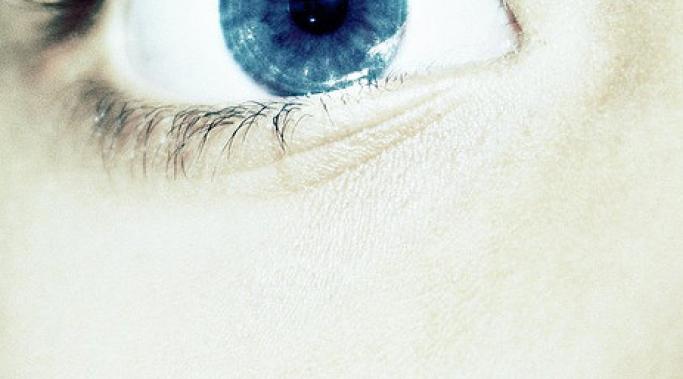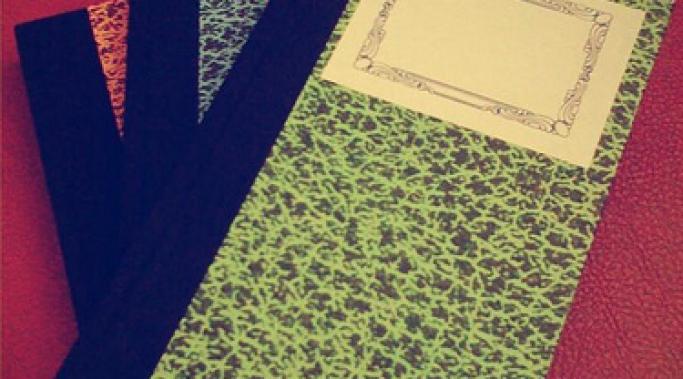Accepting and learning to cope with the diagnosis of dissociative identity disorder is hard. For those that have received a diagnosis of dissociative identity disorder (DID), it can be a tumultuous process.
Many are unaware of what DID is until they receive the diagnosis. For those that are aware of DID, there is often an unwillingness to accept the diagnosis of this mental illness and everything that comes with it, which can delay the coping process. There are a few things you can do to make accepting and learning to cope with your DID diagnosis little easier and make the path of dissociative living a little less rocky.
Impact of DID Diagnosis
These days, when I think about Dissociative Living, I think of it as a series of letters from me to you – "you" being anyone who lives with Dissociative Identity Disorder (or DDNOS, but I lump you guys under the DID umbrella for efficiency’s sake). It feels personal to me, like an intimate – though public -- correspondence. These letters I’ve written are about a thing we have in common, a serious thing, oftentimes a painful thing. I feel uneasy about some of those letters. I feel uneasy because I know just how vulnerable and suggestible a person can be when they’re struggling with something serious and painful. These days, when I think about Dissociative Living, I think that some of my letters may have hurt you. To begin with, there’s that last letter: the one about how I’m crazy.
It seems many people think of Dissociative Identity Disorder as the pinnacle of crazy. But if I've ever truly lost my mind I did so when I was trying desperately to escape DID. It was when the confusion, fear, loneliness, and shame I felt in the aftermath of my Dissociative Identity Disorder diagnosis periodically reached critical mass that I panicked and, in fits of desperation, clung to ludicrous, even dangerous thoughts.
In my current series, Diary of a Newly Diagnosed Dissociative, I've been writing about what I've observed to be common emotional reactions to receiving a Dissociative Identity Disorder diagnosis. I say, "emotional reactions," but I don't know if that really does justice to the enormous impact a DID diagnosis can and often does have. When I say I was confused, I mean I was nearly incapacitated by confusion. When I say I was afraid and lonely, I mean I was almost paralyzed by fear and loneliness. It's with that same respect for the degree of overwhelming emotion that I talk to you today about shame.
Living with Dissociative Identity Disorder can be excruciatingly lonely. I endured my loneliest moments with DID in the first few years after diagnosis. Granted, my primary relationship at the time was drawing its dramatic last breaths and I'd recently lost my job. I had virtually no support system and was barely able to feed myself and my child. There's no doubt my loneliness was the result of more than just my Dissociative Identity Disorder diagnosis. But when I look back through my diaries from that time period, it's clear the diagnosis was partially to blame. In hindsight, it's easy to see why.
Prior to my Dissociative Identity Disorder diagnosis my alters existed and operated outside of my awareness. They affected my life in ways I had no explanation for, like invisible strangers living in your house and rearranging the furniture. Receiving the diagnosis was like someone turned on a light and exposed the multitude around me. Suddenly I could see and hear what had always been there. None of what occurred in the aftermath of that diagnosis was new. But all of it was severely amplified. And I felt, among other things, fear.
The first couple of years after my Dissociative Identity Disorder diagnosis are heavily documented in my diaries. The entries tell a disturbing and, I now know, common tale. I wish I'd known that what I was experiencing, as unhinged as it made me feel, was normal for people newly diagnosed with DID. With that in mind, I've decided that rather than just tell you what the aftermath of that diagnosis was like for me, I'll open up my diaries and show you.
One of the obstacles I encountered in coming to terms with my dissociative identity disorder (DID) diagnosis was the idea that DID is by and large caused by horrendous abuse. Because DID and unimaginable trauma were intrinsically linked in my mind, I thought accepting my diagnosis required believing that I had suffered inconceivable horrors, repressed memories of child abuse that were lurking somewhere in the recesses of my dissociative mind. I didn't want to believe that, so I rejected the diagnosis altogether. I wish I'd known that tolerating ambiguity is part of dissociative living, and that it's possible to reconcile yourself to having DID without making assumptions about your history.
